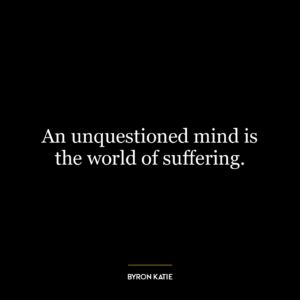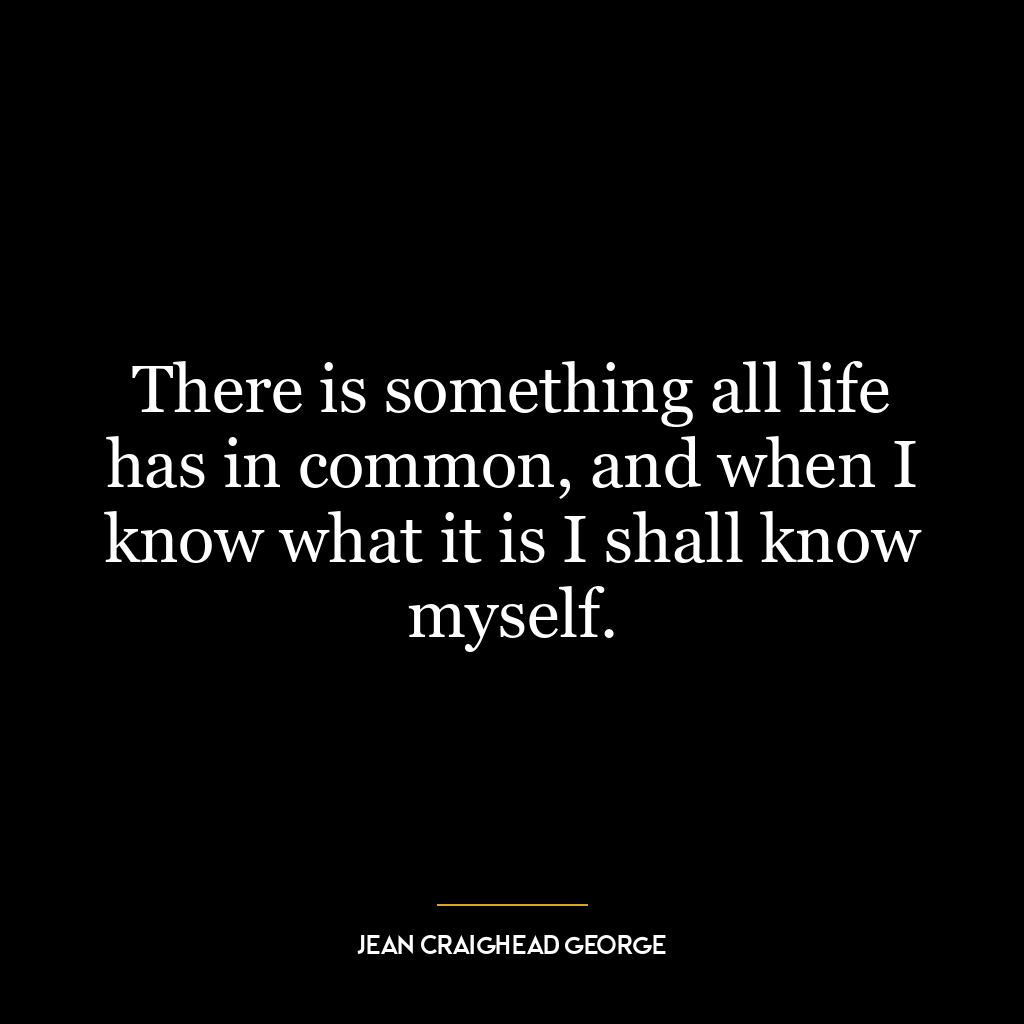This quote, “I love the world, because I love the mind that created the world,” is a profound reflection on the admiration and appreciation for the complexity and beauty of the world, which is seen as a manifestation of the creator’s mind. It suggests that our love for the world is not only based on its physical aspects, but also on the intelligence, creativity, and thought that went into its formation.
The quote implies a deep-seated respect for the intelligence that created the world, acknowledging that this intelligence is far beyond our own. It is a testament to the awe and wonder that the world inspires in us, and the love we feel for the world is a direct result of our admiration for the mind that created it.
In the context of personal development, this quote can be seen as a call to appreciate the world around us more deeply, and to seek to understand the underlying principles that govern its operation. This can lead to a greater sense of wonder and curiosity, which can in turn lead to a deeper understanding of ourselves and our place in the world.
In today’s world, this quote can be applied in various ways. For instance, in the face of environmental challenges, it can remind us to love and respect the world, recognizing the intricate balance and complexity that has gone into its creation. It can also inspire us to strive to understand the world better and to work towards its preservation.
In the context of human relationships and society, the quote could be interpreted as a call to appreciate the diversity and complexity of human thought and culture, which are, in a sense, mini-creations within the larger world. By learning to love and appreciate the ‘minds’ that create these diverse cultures and societies, we can foster greater understanding and harmony among different peoples.
In essence, this quote is about love, respect, and appreciation for the world and its creator, and it encourages us to adopt these attitudes in our daily lives, whether in our relationship with nature, with other people, or with ourselves.












